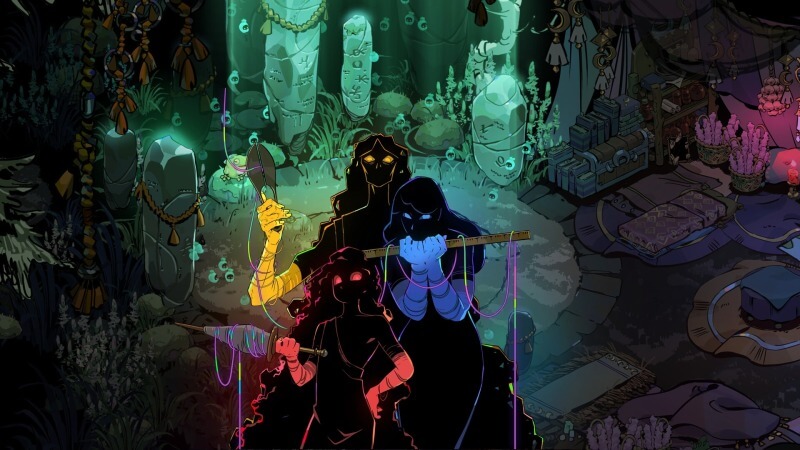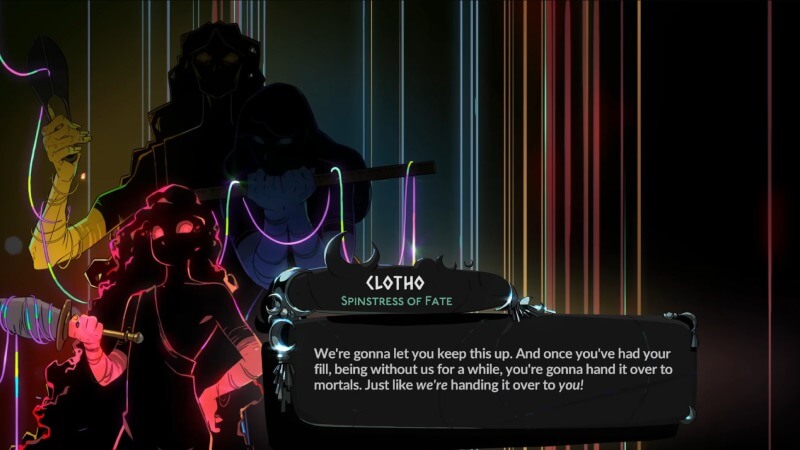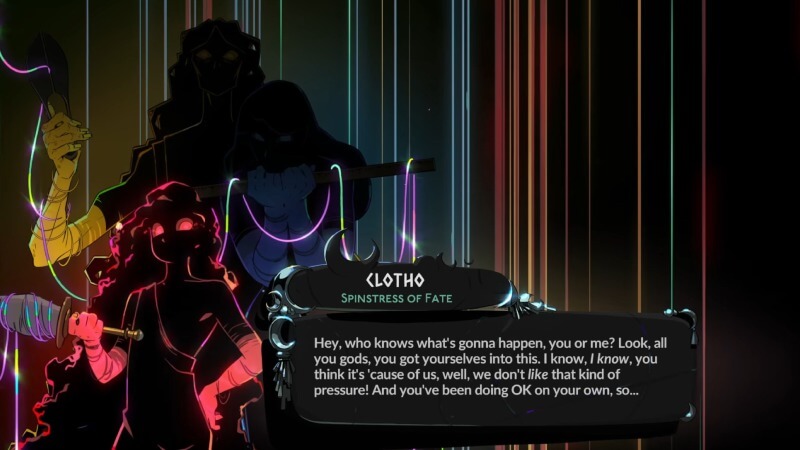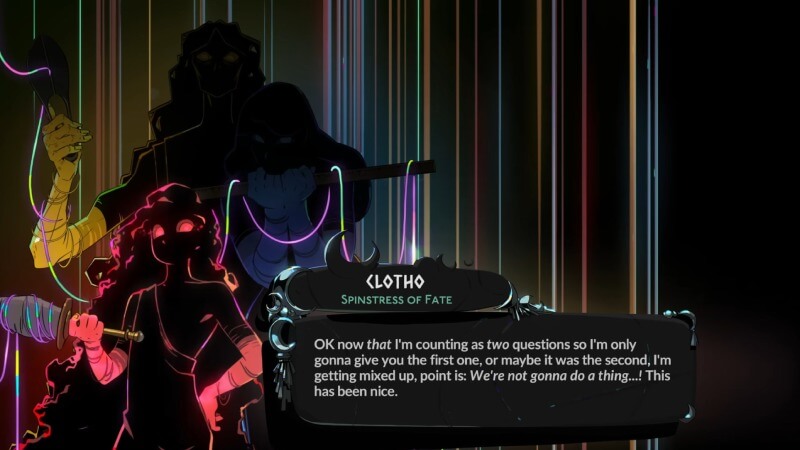In the End, Hades II Played Us All

Spoilers ahead for the ending and true ending of Hades II.
Hades II never tries to conceal its true nature. From the very beginning, you know your sole task is to kill Time. The roguelite genre, inherently fueled by monotony, makes for the ideal machine for it.
In Hades, improving your mechanical skills and making numbers go up was masked by the promise of fulfillment. Fulfilment of seeing the main character Zagreus rebel against an authoritative and abusive paternal figure. Fulfilment of helping the lost and the damned regain a semblance of their foregone humanity by helping reestablish bonds. Fulfilment of breaking past traditions and proving the impossible by escaping the Greek underworld, giving everyone a middle finger.
Motivated by exclamation marks over people’s heads and copious amounts of nectar and ambrosia, each cycle promised a reward—not just being one step closer toward mechanical prowess, but to have an opportunity to learn, to listen, and to amend. The culmination of the main story doesn’t stick its landing, giving shitty figures only a pat on the back while falling flat on women’s autonomy, in particular the role of Persephone, who is portrayed as Zagreus’ mother first and queen of the underworld second. But the cycles up to that point are hinged on that initial potential, and there’s fulfilment to find in the journey itself.
With Hades II, developer Supergiant Games seeks to capitalize on its predecessor’s success by offering more on top of its previous foundation. The renewed Sisyphean task now has a comically large number of features and mechanics to contend with, and most of them are intertwined. Now, it’s not enough to get to the end of a run, you also need to take into account which materials and resources you need for the next incantation or the next item that leads to a cutscene or a conversation, presented almost as a trinket dangling in front of your eyes. You only get a glance now; maybe, if you put in the effort, you’ll get to hold it at some point.
Yet, as I plunged through the 1.0 update after spending over 70 hours into the game during early access, pretty much every encounter and revelation felt almost deliberately unceremonious. The story gives its main villain yet another pat on the back, offering Chronos, the god of Time, an act of mercy right at the very end, and then putting you with a what if, gentler rendition of him. As other writers like my friend Jay Castello have pointed out, this act is carried by Zagreus, not Melinöe, the sequel’s protagonist, and fits thematically with who he is. But after this happens, Melinoë is left with the same task. She must continue killing Time—the “bad” permutations of him who remain in other timelines—to prevent the cycle from repeating all over again. “For how long?”, she often asks. Nobody has a concrete answer.
 Keep scrolling for more great stories.
Keep scrolling for more great stories.



